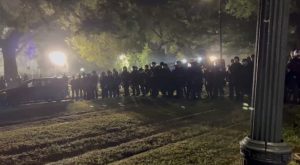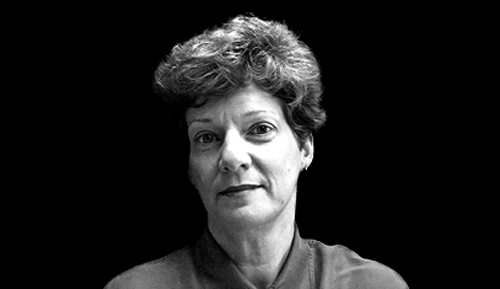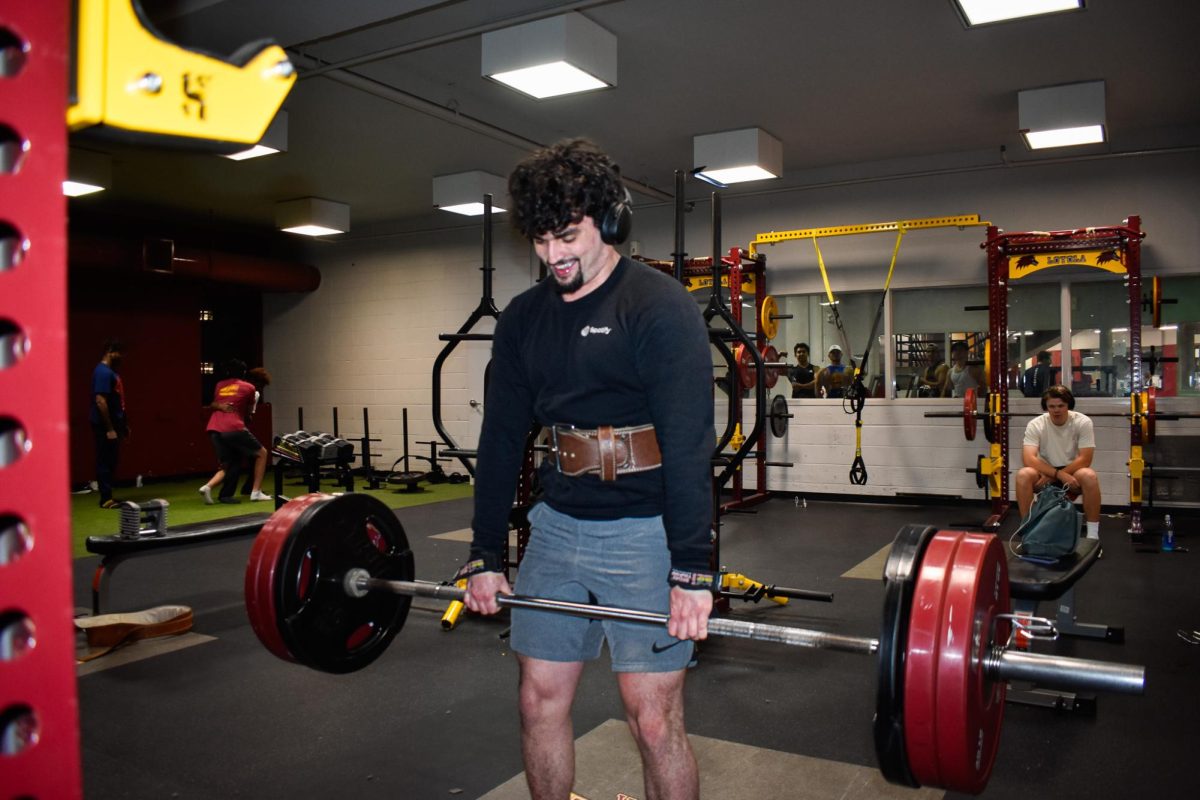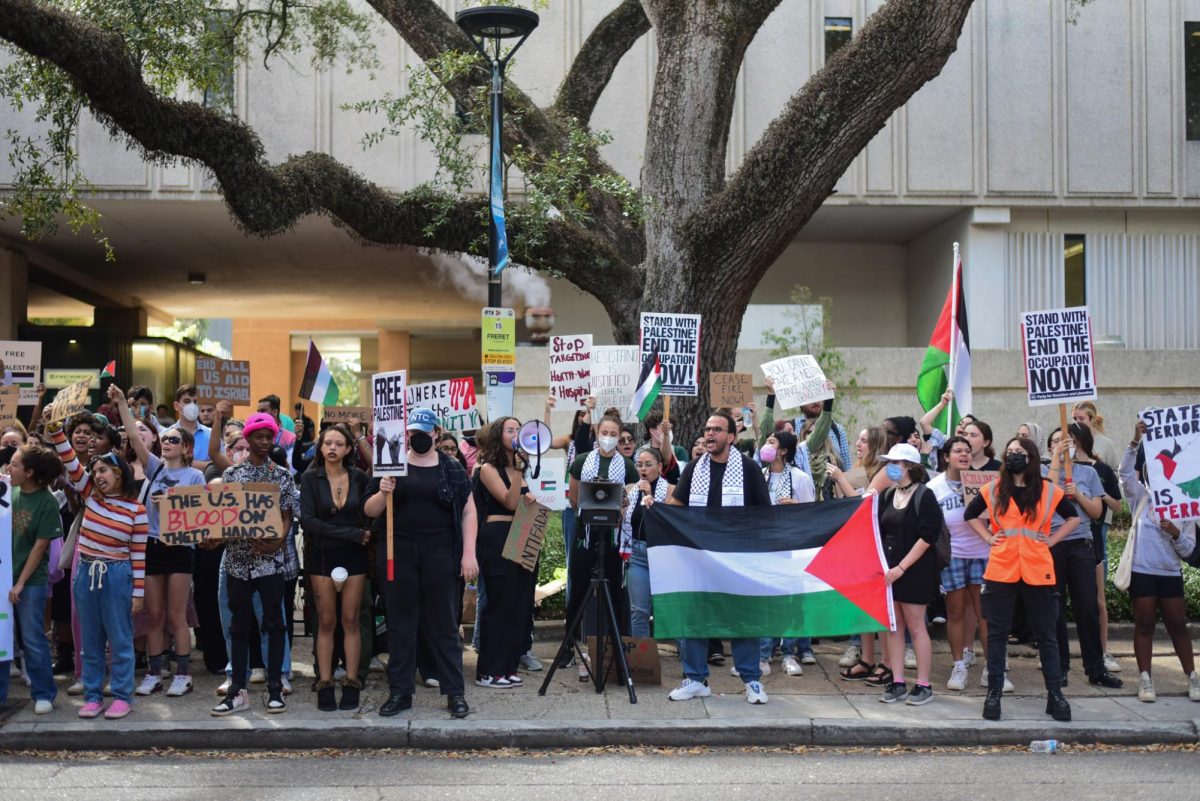I teach, among other things, Introduction to Mass Communication, a course that covers a broad spectrum of media-related topics. In an effort to get to know each other and generate discussion, we play a variation of that old cocktail party game, “What would you take with you if you were going to be stranded on a deserted island?” (Sure, the premise might be ridiculous, but come on, Tina Louise packed enough evening gowns for a three-hour tour to costume an entire drag show!) Our classroom version runs along the lines of “What three books would you take?” or “What five CDs?”
After I collect the lists I compile them, posting the composite list on Blackboard. Once in a while, a student will comment that he or she has actually read/watched/listened to one of the items on the list, which they might not have before. (A learning moment!)
Because it’s Oscar season, my mind has gravitated to the movies list. When we discuss this topic in the intro course, we select several titles for class members to view. Then we talk about the films’ themes, box office, advertising and promotional efforts, controversies and the movies’ effects on society, if any. Admittedly, “Zoolander” and “Mr. Deeds” aren’t going to stimulate the same level of discussion as “The DaVinci Code” or even “Twilight.” But even movies that might never contend for an Oscar can spark meaningful conversations. Did “Clueless” change the way you talk? Did “Top Gun” make you want to grow up to be a fighter pilot? And movies can win awards and still be socially relevant. Did “An Inconvenient Truth” make you more environmentally conscious?
As someone who’s watched more than 5000 movies so far, I’ve got quite a mental database to make a list from. (I’m not ashamed to say that “The Sound of Music” is my favorite. Children wearing made-over draperies, Nazis singing along to “So long, farewell,” romance, nuns, late-night escapes through the cemetery…how can it miss?) But rather than movies for the trip to Gilligan’s Island or my choice for this year’s Best Picture, I’ve been thinking about movies with a message.
I’ve seen quite a few films that really opened my eyes to historical events, political ideas or opinions that contradict my own. Not all of them changed my life or even my mind, but they made me think. And they made my “movies you might have missed list,” one I share with friends who ask me to recommend a rental for those weekends with no football or parades.
Here are five titles that you probably did miss but should make an effort to see. There are no animated robots or Disney-style dance numbers, no futuristic special effects or catch lines that you’ll be inserting into your casual conversations. But they look at important social issues and they make you think.
Amazing Grace and Chuck (1987), starring William Petersen, is the story of a little leaguer willing to give up his passion — baseball — to protest nuclear proliferation.
Bent (1997), starring Clive Owen, deals with the imprisonment of gay men in Nazi concentration camps during World War II.
Indochine (1992), starring Catherine Deneuve, examines the life of a French planter’s family living in Vietnam during the last years of French rule.
Once Were Warriors (1994), starring Temuera Morrison, shows the hard lives of New Zealand’s Maori descendents in modern society.
Rabbit Proof Fence (2002), starring Kenneth Branagh, follows three aboriginal children who, like many others in 20th century Australia, were taken from their homes to become servants to upper-class families.
I challenge you to watch this year’s Oscar nominees; most are still at the movie theater. Then go seek out other films that might be outside your cinematic comfort zone. Who knows? You might wind up packing one of them along with that pocket-knife and collection of formal wear for your next trip to a deserted island.
Valerie Andrews is an assistant professor in the School of Mass Communication. She can be reached at [email protected].













